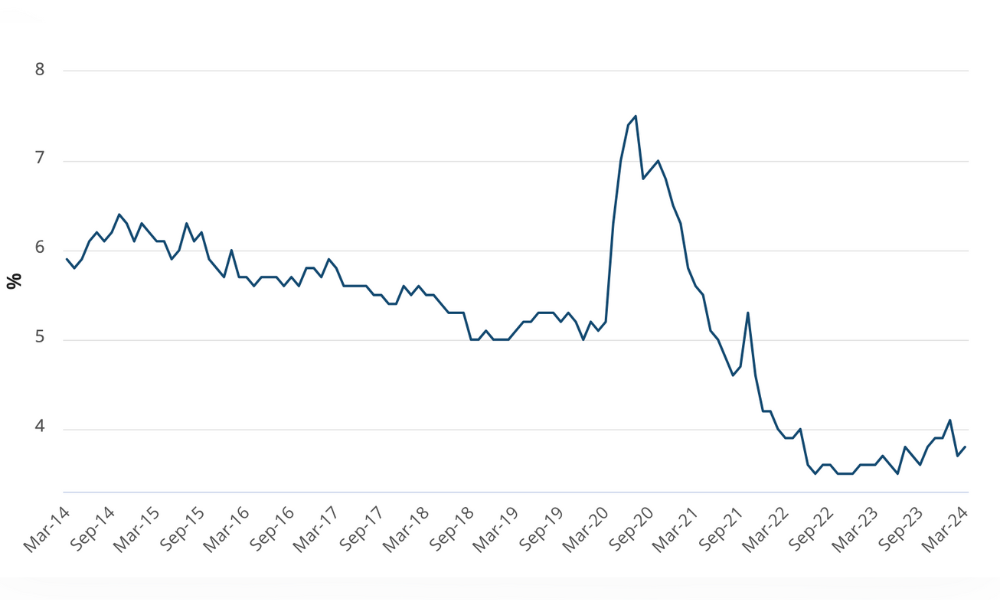Whether you love them or you hate them, BlackBerrys have successfully infiltrated corporate life, increasingly blurring the line between work and personal life
WHETHER YOU love them or you hate them, BlackBerrys have successfully infiltrated corporate life, increasingly blurring the line between work and personal life.
According to recent research, travelling time, waiting time or commuting time is more likely to be filled with email activity than ever before with many workers saying they liked being able to clear emails in cabs, in lifts or on the way to work. While this group valued being able to “hit the ground running” when they arrive, others resented losing valuable reading and thinking space.
“Interviewees often spoke about the love/hate relationship they had with their BlackBerrys, using terms such as ‘Faustian pact’ and ‘Trojan Horse’” said Kristine Dery, lead researcher, University of Sydney.
BlackBerry use has grown rapidly in the last six years, from being a senior management status symbol to a basic tool of trade. However, companies have given little thought to the actual usage management of BlackBerrys and according to the research this needs to be addressed.
“There is a real problem for organisations where stress, burn-out and addiction to ‘CrackBerrys’ are real threats to the long-term talent retention and organizational effectiveness,” said Dery. “Management needs to think about how to harness the benefits of BlackBerrys, increasing productivity and efficiency, while minimising their downsides,” she said.
Problems can occur when heavy users expect subordinates to do the same, setting unspoken company expectations of workloads and damaging, unequal power relationships. “Positive climates of involvement and adaptability can quickly turn into over-involvement, addiction, and diffusion – where your sense of control becomes watered down because you are in constant contact,” said Dr Judi MacCormick from the AustralianSchool of Business, who co-authored the research.
Prominent businessmen and women such as Ivan Bresic, director of Bresic Whitney Real Estate, Paul Smith, CEO Carnegie Management, and Rebecca Morris, founder of Becca Cosmetics, have refused to succumb to the grip of the BlackBerry, each opting instead to stay traditional and organise and balance their hectic work and personal schedules with the Filofax, which was introduced in 1930.








